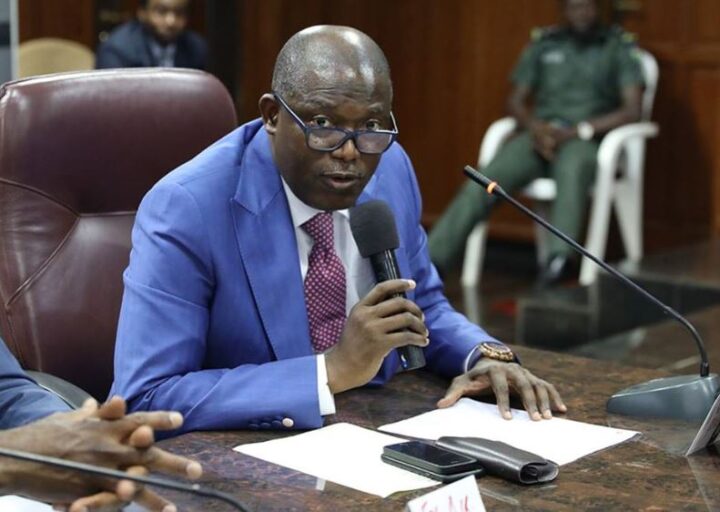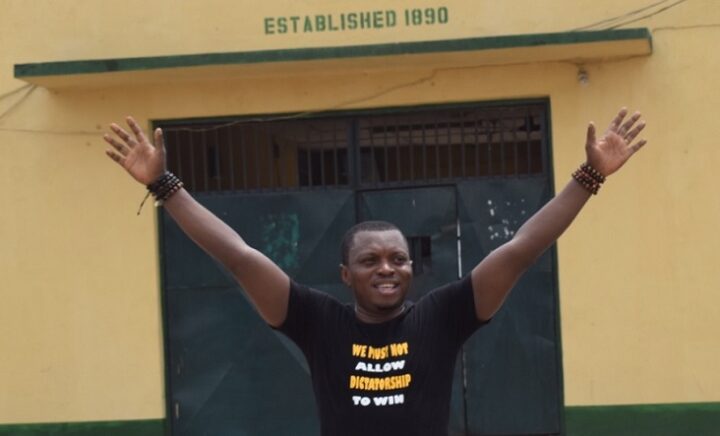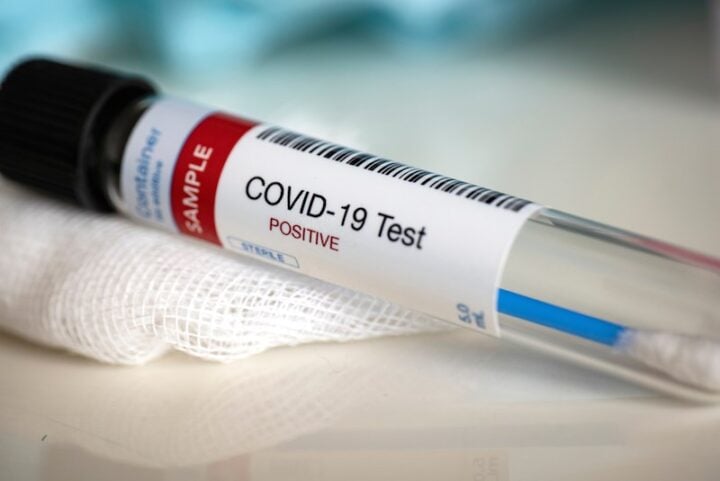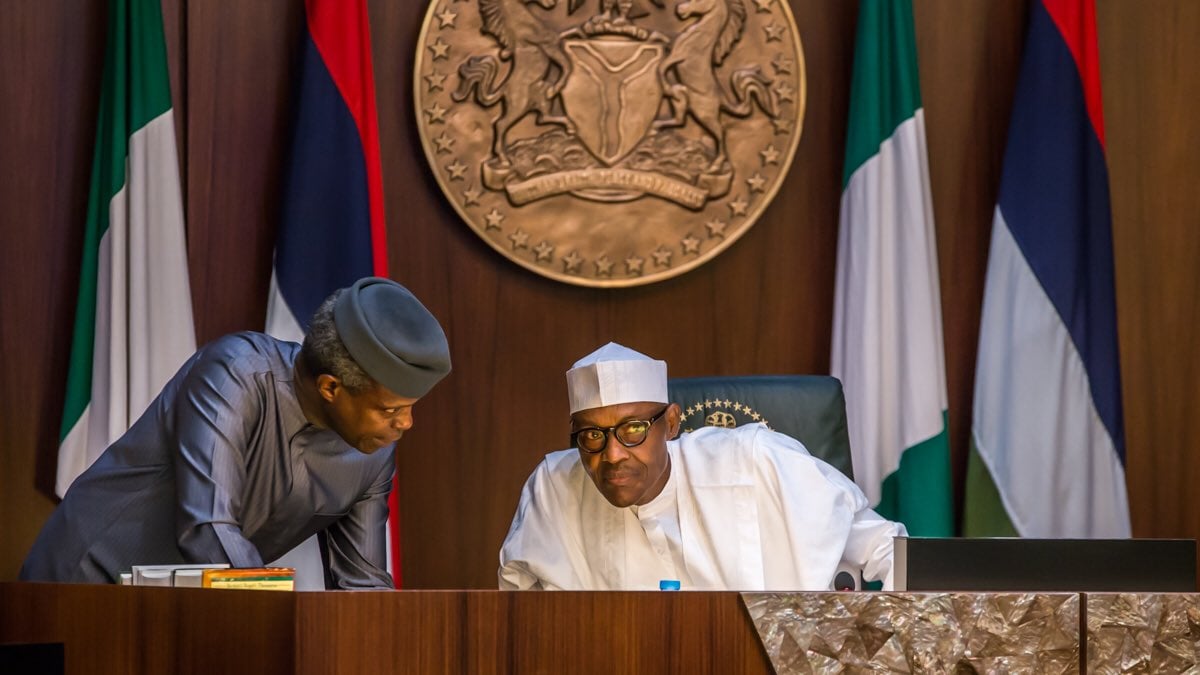Shareholders and customers were still cheering the strong 2019 performance of the Bank of Industry when COVID-19 pandemic struck!
Among other achievements, the bank had disbursed a total of ₦234 billion to 10,145 enterprises, thus facilitating the creation of an estimated one million direct and indirect jobs.
The disbursement to the Micro, Small and Medium Enterprises (MSME) segment increased from ₦33.9 billion in 2018 to ₦53.0 billion in 2019, representing a remarkable 56.3% year-on-year growth.
But with the outbreak and spread of COVID-19 must have left some of the beneficiaries wondering if the support was a blessing or a curse.
Advertisement
With the lockdowns and shrinking demand for goods and services, some of them must rightly have wondered how they would service their debts, or even stay afloat in a raging economic storm.
But the Bank says it has not been unmindful of their fears. It noted in a statement, “The COVID-19 pandemic is a clear and present danger to the world, especially the developing nations like Nigeria from a health as well as an economic perspective.
“BoI understands that these are very challenging times for all Nigerians, including our dear customers and it has been working tirelessly to provide the critical support required by our customers not only to survive but to thrive in these difficult times.”
Advertisement
The Bank moved quickly to implement measures in compliance with the Federal Government’s directives on moratoriums for loans given by government-owned financial institutions, while also implementing its measures to ensure that customers are well-supported in line with its developmental mandate.
It will be recalled that President Muhammadu Buhari had in his presidential address on March 29, announced palliatives for the economic effects of the COVID-19 pandemic.
The Bank said it promptly responded to the presidential directive as follows:
- Communicated the moratorium period of three (3) months to customers and further advised that customers requiring more than three months can apply for a further extension, which can be up to 12 months;
- Reduced the interest rates on all BOI-funded projects by 2% pa from 10% to 8% per year with effect from April 1. This has also been communicated to customers and partnering commercial banks;
- Worked with our funding partners to obtain interest rate reductions on some of the funds that we manage. In particular, the Bank worked with the Nigerian Content Development Management Board to reduce the interest rates on credit facilities approved under its managed fund from 8% pa to 6% per year. This reduction in interest rate, as well as the extension of the moratorium period, has been communicated to all customers;
- All intervention funds granted by the Central Bank of Nigeria and disbursed by the Bank of Industry have been covered by the CBN’s palliative measures, which include moratorium extension and interest rate reduction to 5% per annum, which has also been communicated to the relevant customers.
- The Bank has written to all the Managing Directors and Chief Risk Officers of partnering commercial banks, officially notifying them of the Bank’s position on these initiatives.
- Also, in the Bank’s bid to support the government and private sector initiatives to fight COVID-19, the Bank donated N700m to both the CACOVID Fund, as well as the Lagos State Government and the FCT Ministerial Committee on COVID-19
Despite ending the 2019 financial year strongly to the delight of shareholders and other stakeholders, the Bank’s reputation in the socio-economic headwinds from COVID-19 was at stake. It had to show it had a responsibility to its customers as much as it cares about its balances and shareholder interests.
Advertisement
An official of the Bank said on Friday, “We don’t just provide loans, we work continuously with our customers to ensure that they succeed.
“We provide business advisory services other than just providing loans; and we continuously engage our customers, especially during difficult times.
“We are always conscious of our reputation as Nigeria’s oldest, largest and most successful development financing institution.
“Among our operational principles are long-term relationship with clients, based on shared responsibilities for the success of enterprises; and equitable commitment to the prosperity of all stakeholders.”
Advertisement
BOI, a limited liability company, has a long history of strong performance, operating profitably since 2004 following its successful restructuring.
In line with its vision to operate under global best practices, BOI has been benchmarking itself against top-notch DFIs in Africa, Asia, South America and Europe; and it has continuously obtained favourable credit ratings from world class credit rating agencies
Advertisement
The group’s Total Equity as at year ended 2019 was ₦293.09 billion showing a 13.4% increase over 2018 position of ₦258.24 billion. In the same vein, Profit Before Tax of the group grew to ₦39.33 billion marking a year-on-year growth of 7.2% over ₦36.66 billion of 2018. The increase in profitability is as a result of improvement in loan book, as well as the efficient management of the group’s other assets and liabilities.
Despite a slow start in the first quarter of the year due to the build-up to the 2019 general elections, loans and advances grew by 16.7% from ₦634.11 billion in 2018 to ₦740.03 billion in 2019.
Advertisement
Interest Income and Interest Expense increased by 20% and 54% on a year-on-year basis respectively due to increase in loan book as well as the impact of borrowings (full year impact on the interest expense in 2019, while 2018 impact was for six months).
The accounts of the Bank of Industry group reflects a strong balance sheet as well as sustained business growth in line with both regulatory requirements and global best practices; as well as a strong alignment with the strategic objectives of the Federal Government, especially in the areas of industrial growth and job creation.
Advertisement
The bank consolidated its role as the managing partner of one of the Federal Government’s Social Investment Programmes, Government Enterprise and Empowerment Programme (GEEP).
About ₦8.2 billion was disbursed to beneficiaries in 2019, thus bringing the total disbursed amount since inception to ₦36.9 billion to 2.3 million beneficiaries nationwide. In light of this outstanding performance, GEEP was recognised by the Desmond Tutu Fellowship for its role in driving financial inclusion. The programme also won the African Development Bank’s African Bankers’ Award as the most impactful Financial Inclusion programme in Africa.
Funds Mobilisation
To enhance its support to the industrial sector of the economy for growth, the BOI continues to improve its capital base through facilities from reputable sources.
In 2019, the bank initiated discussions with international strategic partners towards raising funds to boost its operations. This transaction was concluded in March 2020.
The sum of €1 billion (approximately $1.11billion) was raised through a Syndicated Guaranteed Senior Loan Facility from 24 international financial institutions.
The success of this transaction shall enable the Bank to catalyse domestic production and job creation on a transformational scale, enhance local industry competitiveness, attract domestic and foreign investments, integrate local industries into domestic, regional and global value chains, grow export earnings and positively impact the overall economic development of the country.
In September 2018, the Bank signed a Memorandum of Understanding with the Export-Import Bank of China (CEXIM) for a $500 million line of finance. The tenor is expected to be for five to six years.
An MOU between BOI and the Nigerian Content Development & Monitoring Board for a $200m Nigerian Content Intervention Fund, for which BoI is the manager.
The Bank has reassured its customers of its commitment towards actualising its goal of supporting economic development and industrialization. It said it will continue to implement this through its mission of providing financial and business support services to enterprises in line with the economic agenda of the Federal Government of Nigeria.
Daniels is a journalist and author in Lagos.
Views expressed by contributors are strictly personal and not of TheCable.
Add a comment







